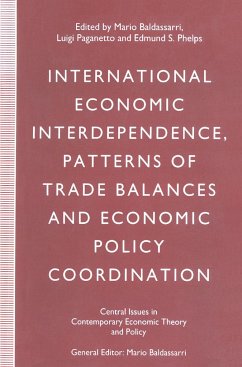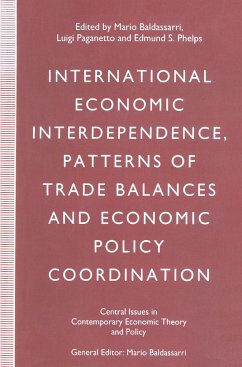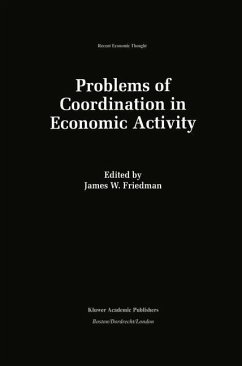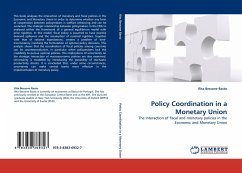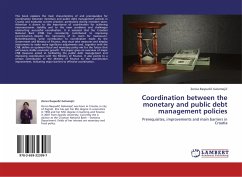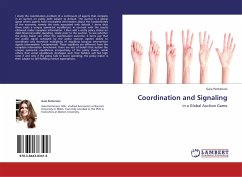
Union Coordination and Economic Integration
Prospects for Transnational Collective Bargaining Policies in a Changing World
Versandkostenfrei!
Versandfertig in 6-10 Tagen
39,99 €
inkl. MwSt.

PAYBACK Punkte
20 °P sammeln!
This thesis explores the incentives for trade unions to coordinate their actions across borders in the face of an increase in international product market integration. Overall, the crucial role of the strategic interactions between industrial relations systems and the consequences of cross-country asymmetries in economic and institutional conditionsare evidenced. The outcomes suggest that if countries are symmetric trade liberalisation always increases the incentives for unions to sign explicit transnational collective bargaining agreements. In the absence of binding contracts, however, unions...
This thesis explores the incentives for trade unions
to coordinate their actions across borders in the
face of an increase in international product market
integration. Overall, the crucial role of the
strategic interactions between industrial relations
systems and the consequences of cross-country
asymmetries in economic and institutional conditions
are evidenced. The outcomes suggest that if
countries are symmetric trade liberalisation always
increases the incentives for unions to sign explicit
transnational collective bargaining agreements. In
the absence of binding contracts, however, unions''
willingness to collude may depend both on the degree
of product market integration and on the degree of
substitutability among traded goods.
to coordinate their actions across borders in the
face of an increase in international product market
integration. Overall, the crucial role of the
strategic interactions between industrial relations
systems and the consequences of cross-country
asymmetries in economic and institutional conditions
are evidenced. The outcomes suggest that if
countries are symmetric trade liberalisation always
increases the incentives for unions to sign explicit
transnational collective bargaining agreements. In
the absence of binding contracts, however, unions''
willingness to collude may depend both on the degree
of product market integration and on the degree of
substitutability among traded goods.





